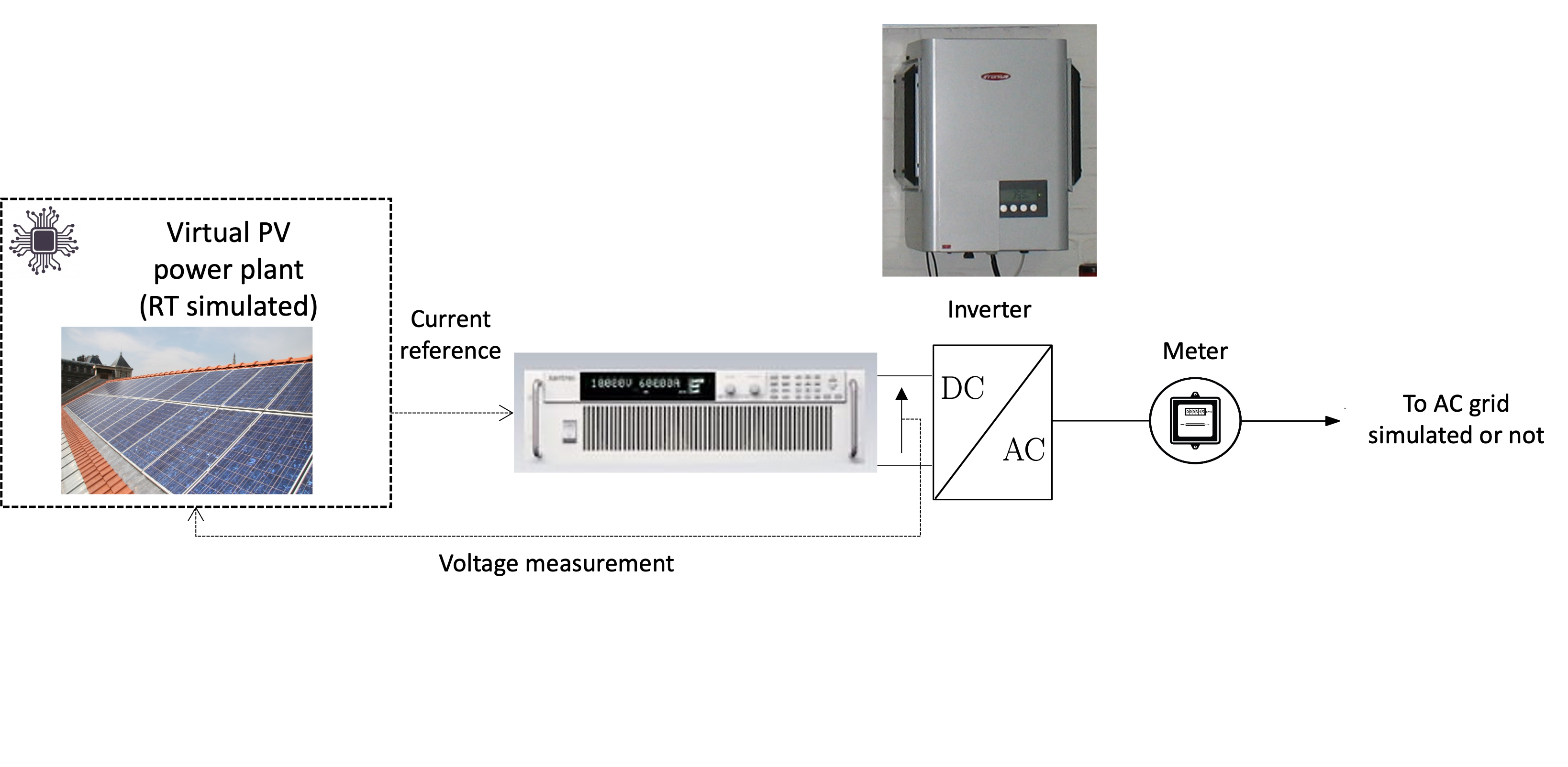Are you passionate about research? So are we! Come and join us
The National School of Arts et Métiers is a French Engineering School. It is made up of eight campuses and three institutes spread across the territory. Its missions: education, research and development.
The Lille campus welcomes 600 students each year and 120 staff work there every day. Research activities in the fields of electrical engineering are carried out by the Laboratory of Electrical Engineering and Power Electronics (L2EP).
This open position is integrated in the Electrical Energy 4.0 (EE4.0) project which gather electrical engineering research in north of France to design advanced electrical devices. As part of this project, the L2EP seeks to develop PHIL (Power Hardware In the Loop) stability analysis methods that combine real-time simulation and real equipment.
How will you contribute?
Simulation is used in many applications and the core of many applications in science. Simulation can be considered as an essential step in the design of large number of electrical applications like the optimization of energy management in Electrical Vehicule (eV), the tuning of motor drive controller or the transient simulation in large scale power systems. One special application is when a digital simulator can solve the mathematical representation of a system in a sufficiently small time-step so that the computed model can be executed faster than the chosen simulation time-step. In this case, the digital simulator becomes a Real-Time (RT) simulator and can interact with an actual device. This interaction is the true meaning of RT simulators as without any external device interaction there is no real interest in executing a simulation in RT. An illustration is provided below where a PV inverter can be tested thanks to PV power plant emulation.

The objective of this open position is to study the stability of PHIL simulation where an actual power device interacts with a simulated device through power amplifier. The component under test feedbacks information to the real-time simulator, this information interacts with the simulated network and a loop is then created. As it is a loop its stability should be studied.
More precisely, the researcher is placed under the direct responsibility of the local laboratory manager and has the following missions:
1- Develop some stability analysis methods for Power Hardware In the Loop simulation
2- Participate in the development of a test platform for high power converters (>100kVA)
3- Test and validate these methods on a high-power test platform dedicated to the characterization of converters connected to the electrical network.
The L2EP has, in fact, developed over many years a proven skill in real-time simulation through numerous projects. In addition, the laboratory had the opportunity to develop very high-performance power amplifiers as well as ultra-fast FPGA-based control. This equipment will, without a doubt, be essential in improving the stability of the PHIL loop.
Must-have requirements
- PhD in electrical engineering or control system
- Strong knowledges in control system
- An easy ability to work and thrive in a collaborative environment, alongside with an excellent team mentality
We offer
An organization with a passion for impact and strong industrial partnerships in France and Europe that works on responsible and independent research projects;
Innovative infrastructures and exceptional labs
Multicultural and international work environment
Up to 50 days’ paid annual leave, flexible working hours;
An environment encouraging curiosity, innovation and entrepreneurship in all areas.
Apply here: openposition@epmlab.eu
Duration: 12 months
Your application must include:
- A motivation letter oriented towards the position and detailing your experience;
- A scientific CV with contact details;
- A List of publications (and patents, if applicable);
- Contact details of 2 references.
0 Comments